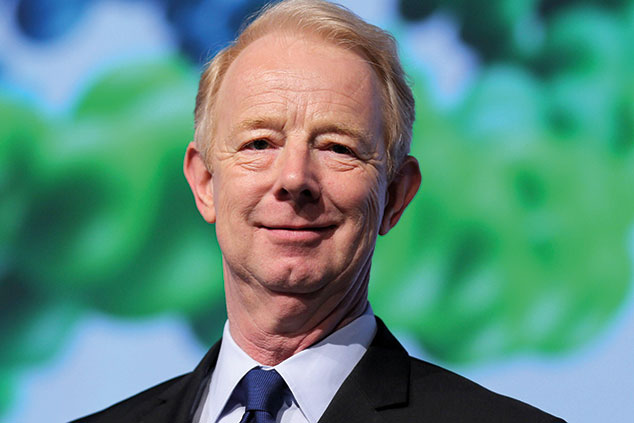
Officially, of course, it was never meant to be about Brexit. When the consumer-goods giant Unilever announced its decision to leave Britain for the Netherlands it was portrayed as a merely technical move to simplify its complex two-country structure. But somehow the symbolism was over-powering. To hardcore Remainers it was a potent example of big business turning its back on Britain. And even some Leavers must have paused to wonder if there wasn’t some element of truth in all the dire warnings about the economic devastation that would be wreaked if we left. Perhaps Project Fear was Project Realistic after all.
A symbolic decision
If there was symbolism in its departure, however, there was even more in its decision to drop the plan and stay in London after bitter resistance from leading British shareholders. Looking back, Unilever’s CEO Paul Polman and chairman Marijn Dekkers no doubt regret their decision to scrap Unilever’s dual structure and base the company solely in the Netherlands. That structure had always been a messy compromise – a legacy of the 1929 merger between Lever Brothers of the UK and Margarine Unie of the Netherlands – that made the firm’s bureaucracy unnecessarily complicated and old-fashioned. There was a respectable case for ending that one day.
But Polman made two big mistakes. A tax break on dividends from the Dutch government persuaded him to base the company in the Netherlands rather than Britain when, in fact, if it was to have a single headquarters, London was its more natural home. And he chose to do so right in the middle of the Brexit process, when the issue would inevitably be far more controversial than it would have been five years either earlier or later.
Both meant that Polman’s decision was always going to provoke opposition. Unilever is a huge stock on the FTSE, and dropping out of the index, as it would have done under the plan, would also have meant it dropping out of many UK-based funds. For the British asset managers, who make up a hefty percentage of the shareholding, it meant having to sell a stock they had long regarded as a core holding. It was a lot of trouble, with no particular gains that they could see. In the end they banded together and made it clear that a vote on the proposal could well be lost. And in the face of that, Polman backed down. He is now under pressure to bring forward his retirement.
What it says about the City
The real significance, however, may well be what it says about the City and its attitude to leaving the EU. In the two years since the referendum result, the financial sector has been worrying about whether it will survive Brexit. There was no great surprise about that. Along with cars, finance was the one industry that genuinely benefited from the single market and the free access to the European market it offered. London had become the main capital market for the whole continent, and the natural base for both global and European banks. It seemed inevitable that a lot of that would drift away to Paris and Frankfurt – and both cities were working hard to make that happen.
That would have been a huge loss to the City. But the Unilever decision shows the City has less to fear than it thinks it does. Why? Because it shows that the loss of the British market, and the support of UK-based shareholders, also matters, and in the end may well be more important than anything the EU has to offer.
The UK’s finance industry needs to be determined. And in places it will need to reinvent itself, market itself to new countries, and find new customers.
But major businesses won’t in the end abandon the UK, even if, like Unilever, they want to. And neither will the major global banks, even if they trim a few staff along the way. It will also reclaim control of a lot of its own regulation, and free itself of many of the EU’s rules and regulations. Net-net, it might easily come out ahead. After this victory, the City will realise that Brexit is not a huge problem and regain a lot of its confidence and swagger.